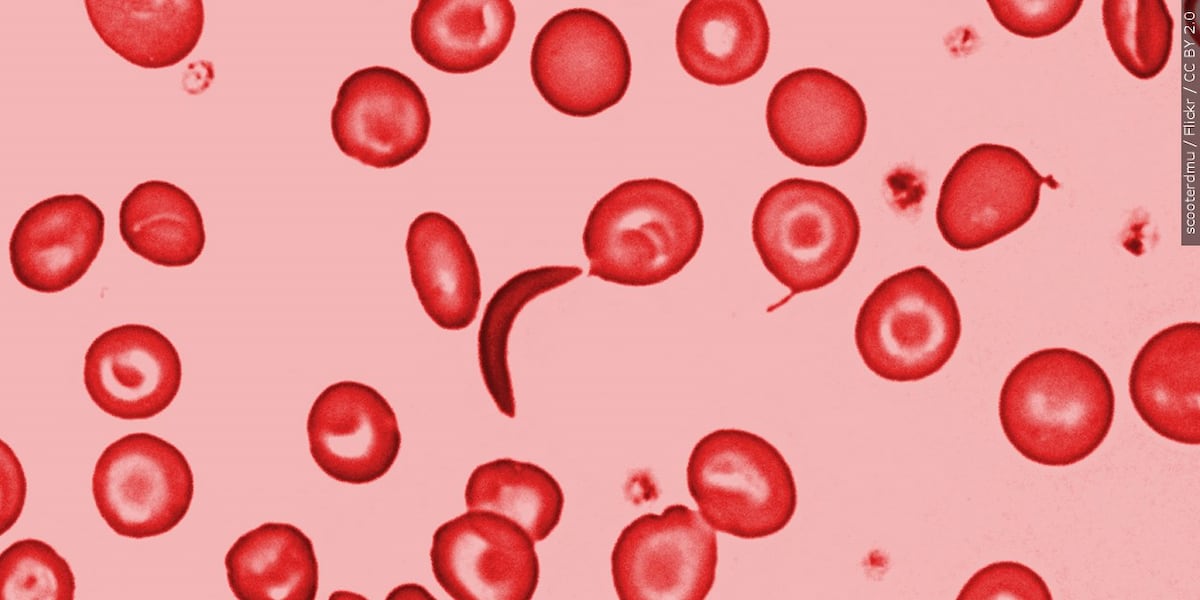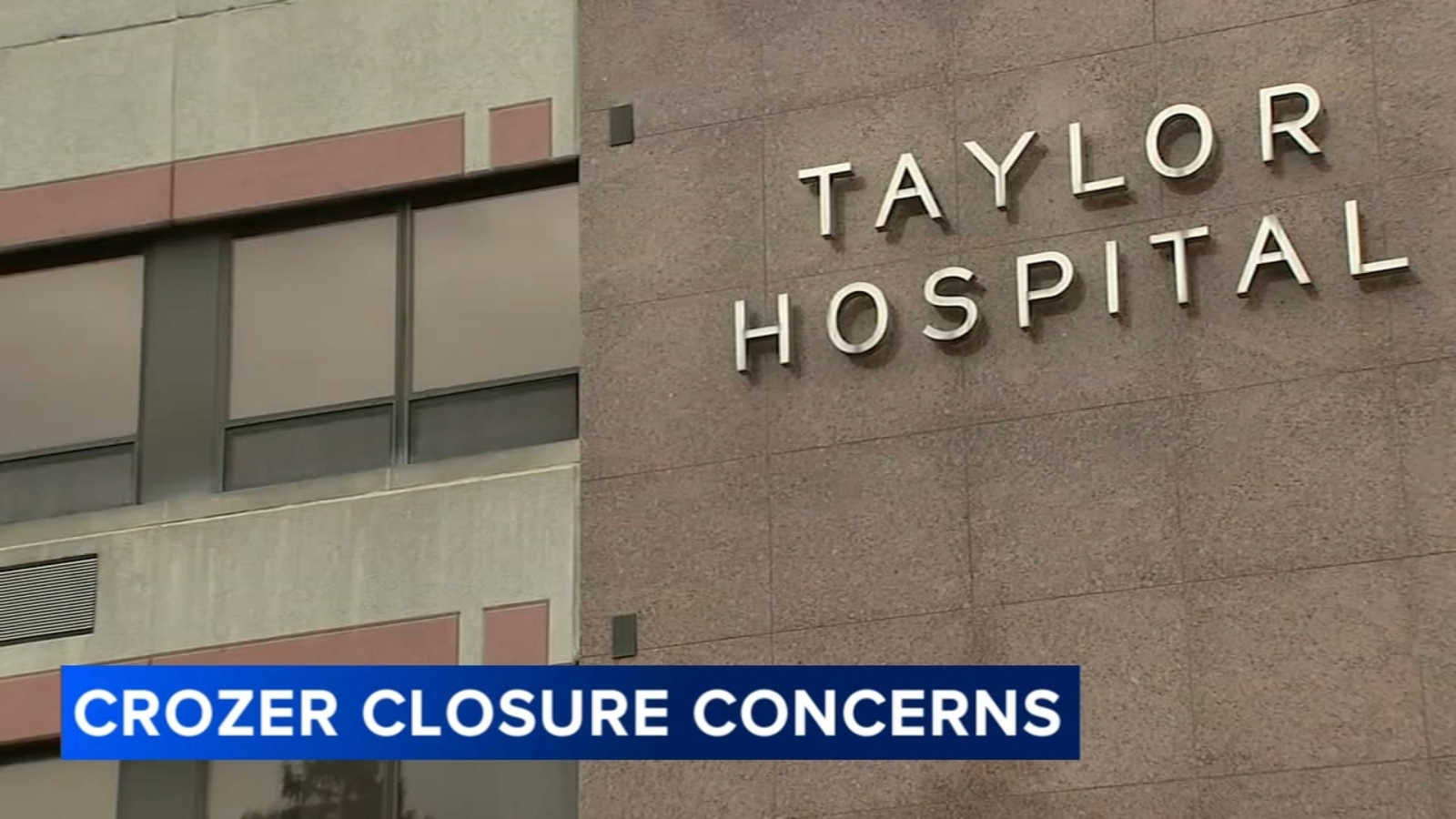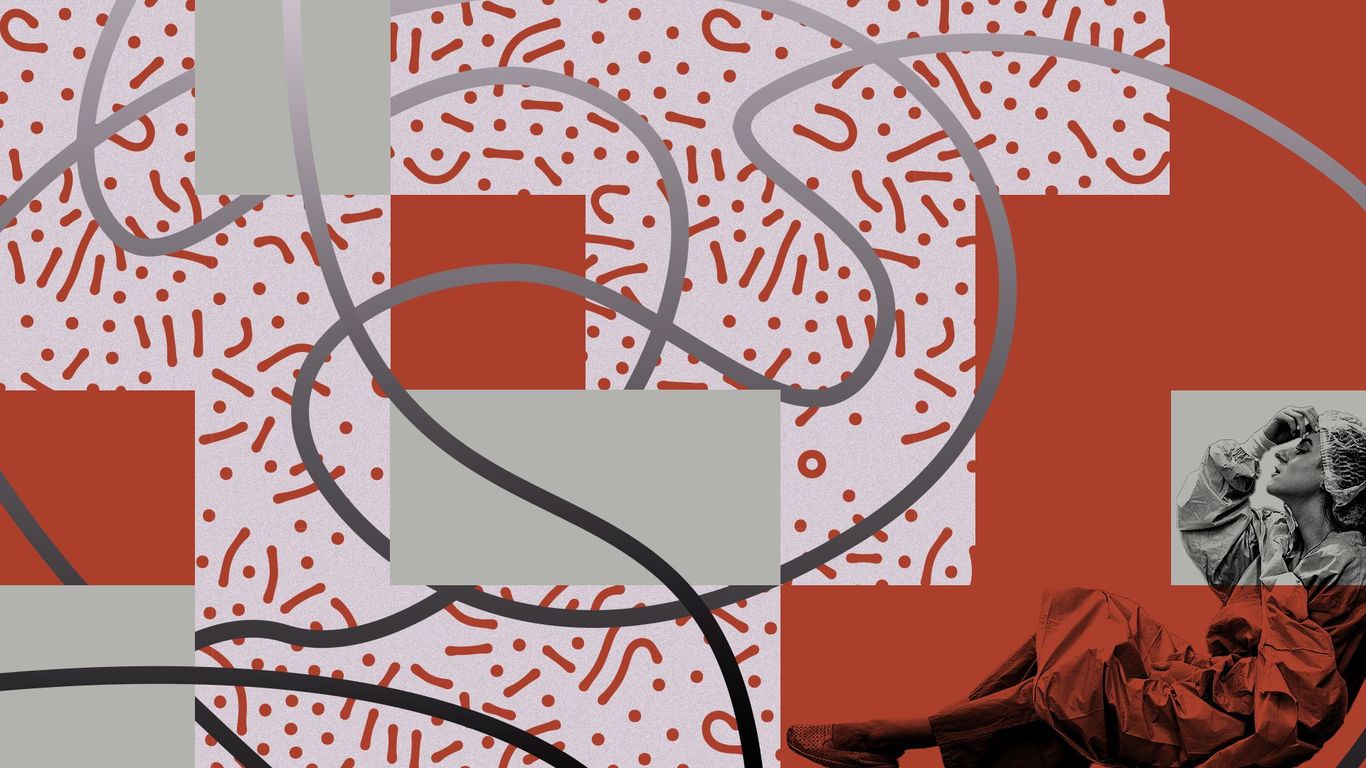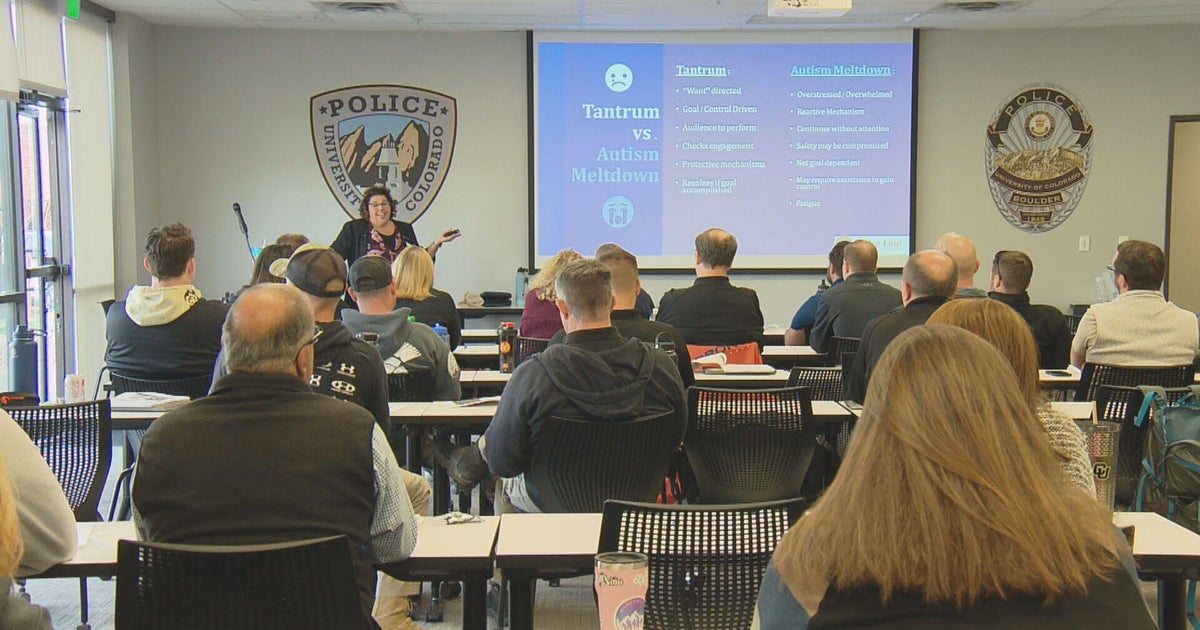Breaking: South Carolina Rallies to Shine Light on Sickle Cell Crisis During Crucial Awareness Month

Shining a Light on Sickle Cell: A Month of Understanding and Support
As Sickle Cell Awareness Month unfolds, the South Carolina Department of Public Health is taking bold steps to illuminate the challenges and experiences of those living with this complex genetic disorder. This dedicated month serves as a powerful platform to educate the community, foster understanding, and create a supportive network for individuals and families affected by sickle cell disease.
Through targeted outreach and educational initiatives, the department aims to break down barriers, dispel myths, and promote compassion for those navigating the daily realities of this inherited blood condition. By bringing together patients, families, healthcare professionals, and community members, they are building a stronger, more informed support system that empowers individuals and promotes hope.
This awareness campaign is more than just sharing information—it's about creating connections, reducing stigma, and ensuring that every person touched by sickle cell knows they are not alone in their journey.








